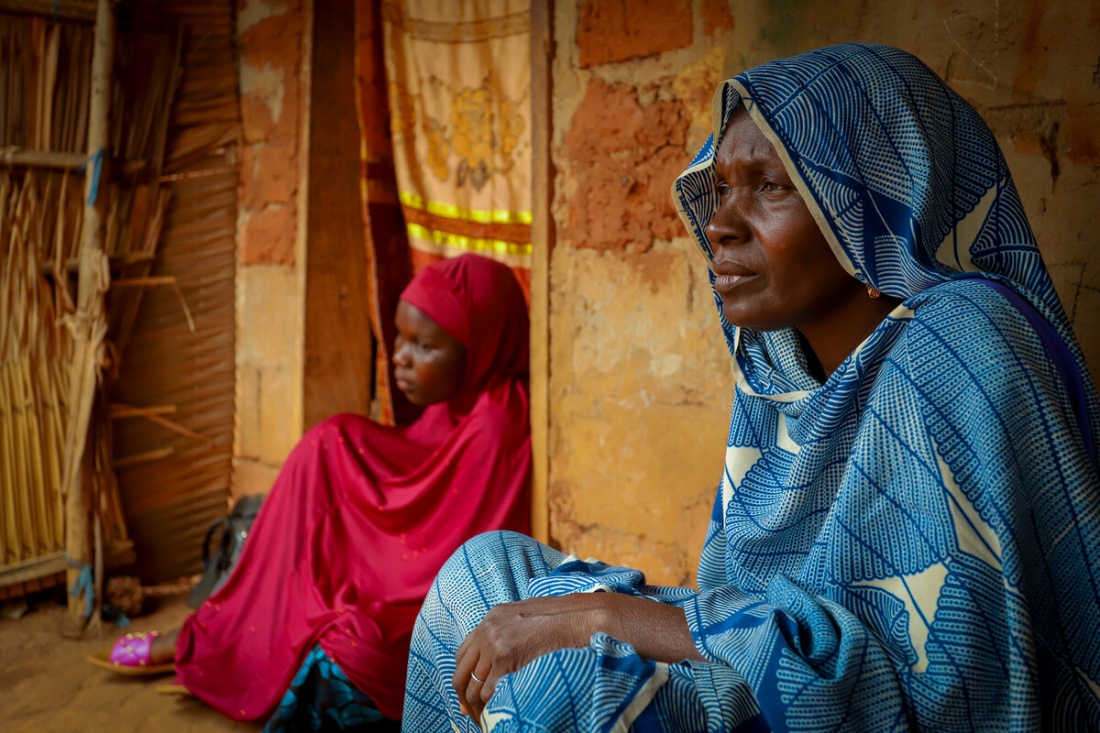A report from the 2024 Norwegian Refugee Council, NRC, has ranked Cameroon as the most neglected displacement crisis in the world. The report highlights what it describes the desperate situation of more than two million internally displaced people, refugees, and returnees, many of whom continue to suffer in silence due to chronic underfunding, limited media attention and a striking lack of political action on both domestic and international fronts.
Cameroon has been ranked as the most neglected displacement crisis in the world, according to a 2024 report released by the Norwegian Refugee Council, NRC. The report highlights the desperate situation of more than 2 million internally displaced people, refugees, and returnees, many of whom continue to suffer in silence due to chronic underfunding, scant media attention, and a striking lack of political action on both domestic and international fronts.
According to the NRC’s annual list, Cameroon topped the ranking, overtaking Ethiopia and Mozambique, which came in second and third respectively. The NRC uses three key criteria to evaluate displacement crises: inadequate humanitarian funding, low media coverage, and minimal international political and diplomatic engagement. “Cameroon is a case study in global neglect,” the report indicated. “It’s a country facing three separate, complex, and protracted crises, yet it receives little diplomacy, inadequate funding, and minimal coverage in the international media.”
Three conflicts, one forgotten nation
Cameroon’s humanitarian crisis is shaped by multiple ongoing conflicts. In the Far North, communities continue to suffer from attacks by Boko Haram and other non-state armed groups. In the country’s Anglophone North-West and South-West regions, separatist violence has forced more than half a million people to flee their homes since 2016. Meanwhile, in the East region, Cameroon continues to host thousands of refugees fleeing violence and instability in the Central African Republic, CAR, many of whom have lived in limbo for over a decade.
Human cost of neglect
People like Haoua, Fadimatou, and Faouzia, refugees from the CAR who fled to Cameroon more than ten years ago, are caught in this humanitarian limbo. Hosted in under-resourced local communities, they face limited access to healthcare, education, and job opportunities. “We have been forgotten here in Cameroon and it’s very difficult for us to even think about the future of our families,” said Djeinabou, a 32-year-old refugee mother of four from CAR, in an interview with NRC. “Life is very difficult at times. We worry about the future of our children.”
Millions left without aid
The report reveals that in 2024, Cameroon’s humanitarian response plan was only 45% funded. Of the over FCFA 213 billion (USD 371 million) required, only about FCFA 96 billion (USD 168.2 million) was delivered, leaving a funding gap of over FCFA 11 billion (USD 202 million). Globally, humanitarian needs reached a staggering FCFA 28 trillion (USD 50 billion), but only FCFA 13 trillion (USD 24.2 billion), was received, just 48.5% of the total needed. In stark contrast, the global military expenditure in 2024 was estimated at USD 2.46 trillion.
The NRC notes that the global funding gap for humanitarian assistance—USD 25.3 billion—is barely 1% of what the world spent on defense. “International solidarity is being overtaken by increasingly introverted and nationalistic policies in previously generous donor nations,” Egeland warned. “This is deepening the neglect of people affected by crisis and displacement at a time when a record number of people have been forced from their homes.”
Media silence, global apathy
The crisis has also received minimal media attention. Cameroon was mentioned in just 28,800 news articles in major international languages in 2024, compared to 451,000 articles about the crisis in Ukraine. Despite ranking among the top ten most neglected crises for the past seven years, Cameroon continues to be overlooked. The NRC is urging international leaders, donor governments, and global media outlets to re-engage with long-standing humanitarian crises like Cameroon’s. Without immediate action and renewed commitment, millions of lives remain at risk.

